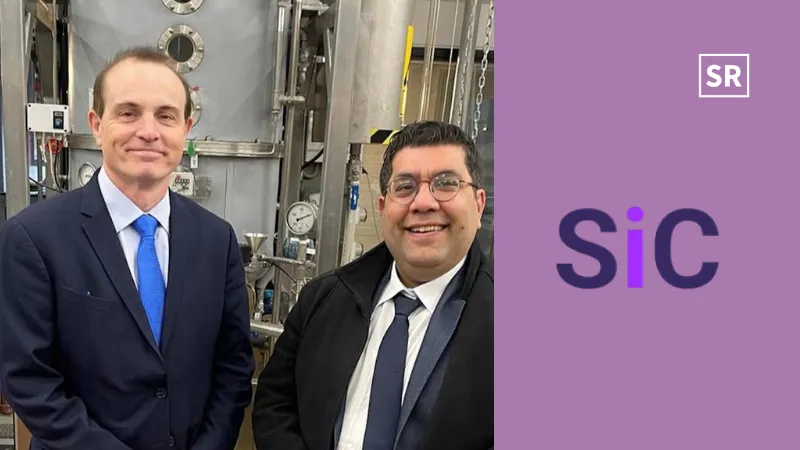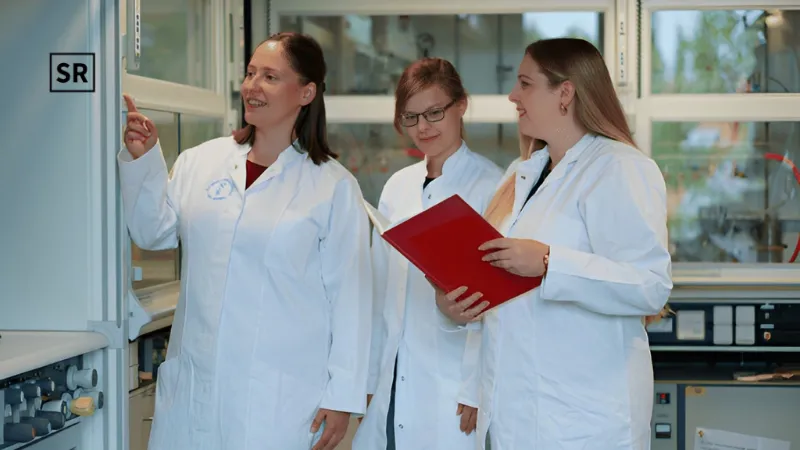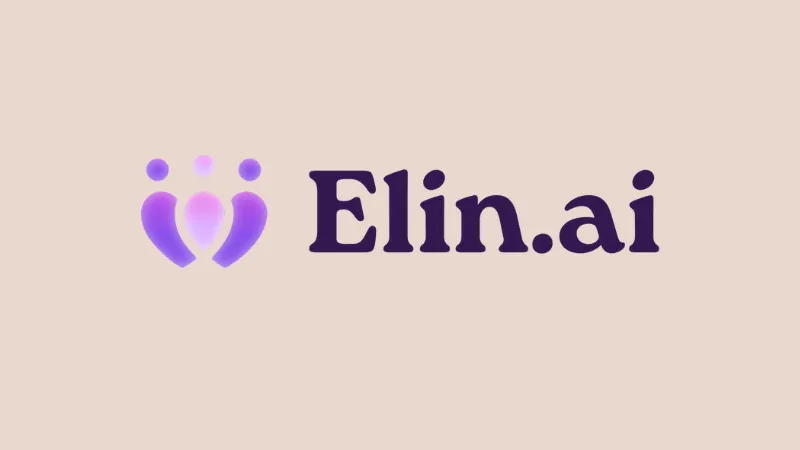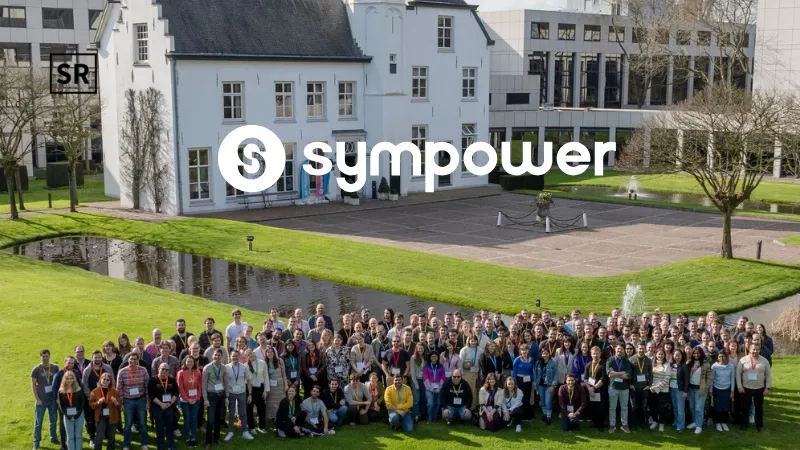Monsana Secures €500K To Accelerate Patient Enrollment In Clinical Trials
Sep 23, 2025 | By Kailee Rainse

Belgian healthtech startup Monsana has secured €500,000 in pre-seed funding from Seeder Fund, LRM, and private investors to speed up patient access to innovative clinical trials.
SUMMARY
- Belgian healthtech startup Monsana has secured €500,000 in pre-seed funding from Seeder Fund, LRM, and private investors to speed up patient access to innovative clinical trials.
Recruiting patients continues to be a major hurdle in developing new medicines. Around 70% of clinical trials face delays due to enrolment issues, with many eligible patients missing the opportunity to access potentially life-changing treatments in time.
Monsana tackles this issue with an AI-driven platform that analyzes unstructured medical data to match patients with the most suitable clinical trials quickly and accurately.
Read Also - Pillar Raises €3.2Million Funding In Pre-seed Round
RECOMMENDED FOR YOU

Siri Co-Inventor Raises Over €2M For Quantum Sensing And AI Startup
Kailee Rainse
Oct 15, 2025

OSCAR funding news – Home Services App OSCAR Secures Over €6 Million in Funding
Team SR
May 29, 2024
This approach enhances collaboration between doctors and pharmaceutical companies, reduces costs, and ensures fewer eligible patients are missed.
Founded in June 2024 by Dr. Valerie Vandeweerd (CEO) and Simeon Devos (CTO), Monsana stems from both medical expertise and personal experience. Dr. Vandeweerd, a former gynecologist and clinical trial specialist at Johnson & Johnson, witnessed the challenges of connecting patients to trials, even when her own family urgently required experimental treatments.
The platform has already shown strong results in Belgian hospitals, doubling patient identification in a fraction of the usual time. Monsana is collaborating with multiple Belgian hospitals and international pharma partners and plans to expand to nearby countries.
The new funding will strengthen these partnerships and advance a responsible, trust-focused approach to medical AI.
About Monsana
Monsana’s AI platform simplifies clinical trial matching, reducing administrative burdens for doctors and nurses. By automating patient identification and study alignment, it accelerates life sciences research, enhances team efficiency and improves patient access, enabling smarter trials, smoother workflows and better health outcomes.


 Follow us
Follow us Follow us
Follow us













